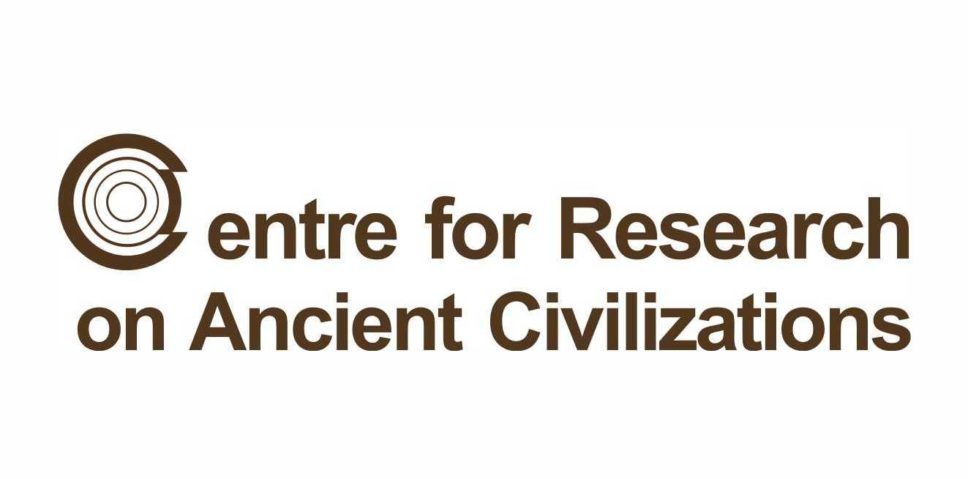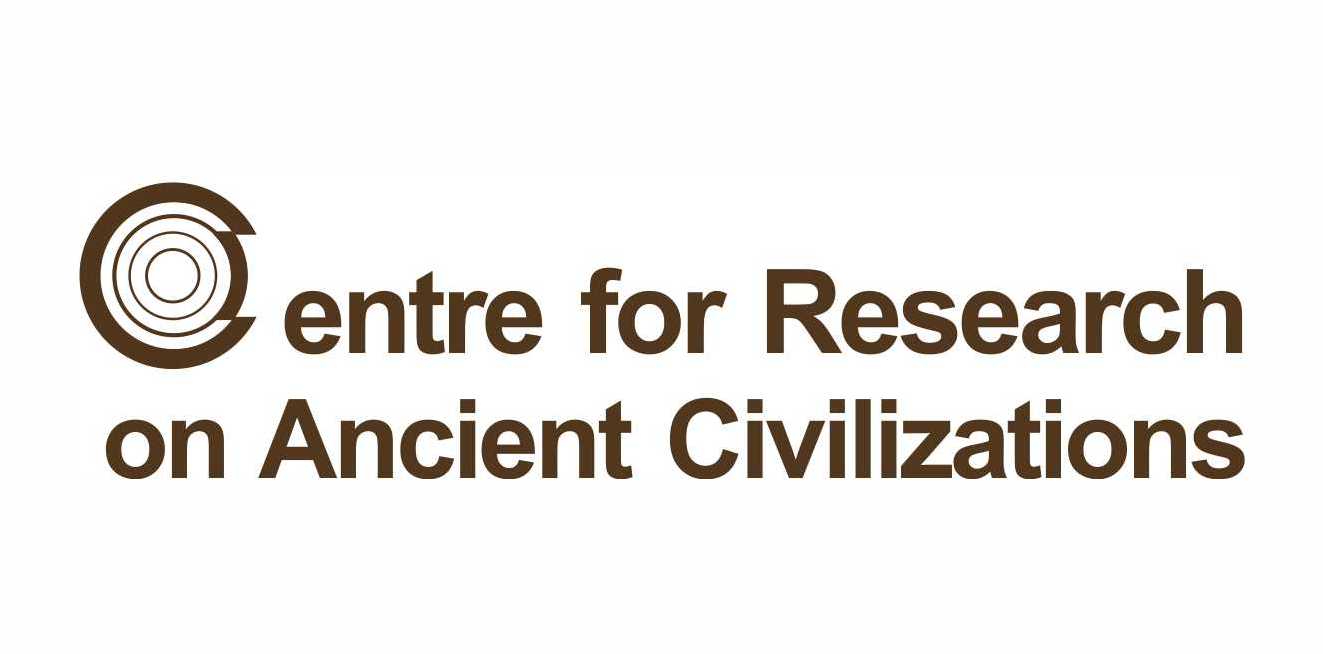We are pleased to announce that two PCMA projects have won funding in the 8th edition of the CRAC Small Grants!
- Dr Tomomi Fushiya, Polish Centre of Mediterranean Archaeology University of Warsaw – Testimonies of cooperative care: Socioeconomic system of the maintenance of the oldest mosque in Sudan
About the project: This project investigates a micro-level socio-economic system dedicated to the maintenance of a religious building in Old Dongola, Sudan through collection of oral histories. The Old Dongola mosque is a two-storey building, measuring 28x18x12m, and the oldest standing mosque in Sudan. Originally constructed as a church/throne hall around the 9th century, it suffered damage at the end of the 13th century, was converted into a mosque in 1317, and functioned as a place of worship until 1969. To maintain and continuously use such a monumental building requires an established system and know-how. While the central power was crucial, the role of local communities in the process for the building’s upkeep will be investigated. A communal labour system certainly played a part in the larger socioeconomic environment of Dongola which was the most important regional centre in northern Sudan in the Funj period (16th–18th CE). Written sources record major maintenance works in the more recent history, but they do not provide sufficient information to understand the local socioeconomic system behind it. The system has only recently drawn scholarly attention, and studies based on archaeological evidence are ongoing. Incorporating oral histories in research is likely to contribute new perspectives and data useful in the study.
- Dr Francisco Jesus Núñez, Polish Centre of Mediterranean Archaeology University of Warsaw – Commercial contacts between the central Levant and Cyprus in the Iron Age. The case of Tyre
About the project: The Iron Age cemetery of al-Bass is one of the most relevant sites for Phoenician archaeology in the Mediterranean. This almost five hundred years of use (end of 10th to mid-6th centuries BC) offers a view to ritual and socio-economic aspects in the central Levant. Especially relevant is the presence of imports from Cyprus. The ceramic array recovered in the tombs represents one of the most numerous and best representative assemblages of Iron Age Cypriot imports in the Levant and comprehends mostly big containers used as cinerary urns with other less frequent forms like bowls and jugs. Preliminary studies have evidenced the involvement of more than one production center, whose relevance changed throughout the sequence. However, it becomes necessary to go deeper into the characterization of those imports and their socio-economic repercussions.
The CRAC Small Grants are aimed at supporting scientific activities and disseminating the results of research on antiquity at the University of Warsaw. The support is focused on activities that will measurably contribute to a better quality of antiquity research and publications and to strengthening foreign contacts and the international position of the University of Warsaw within this field. Calls for applications are announced four times a year.
More information can be found on the CRAC website.


